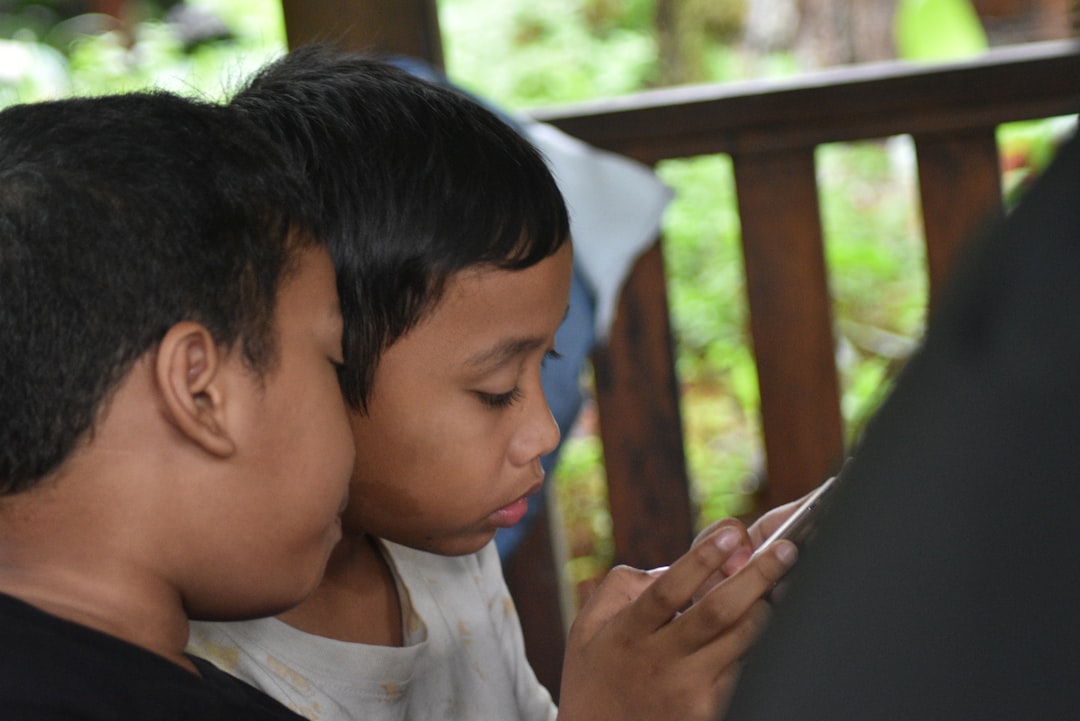In the modern educational landscape, the integration of technology is reshaping how children learn, interact, and perceive the world around them. As digital tools become increasingly pervasive, the potential to harness them for educational purposes grows, offering unprecedented opportunities for enriching children’s educational experiences. This article delves into the various dimensions of technology in education, exploring how these tools not only enhance learning outcomes but also prepare children for a future in a digital world.
The Digital Classroom: Beyond Traditional Learning
Technology has transformed the traditional classroom setting, introducing a variety of digital tools that foster interactive and personalized learning. Smartboards, tablets, and educational software are now common, making lessons more engaging and accessible. These tools cater to diverse learning styles and speeds, allowing educators to tailor their teaching strategies in real-time, based on instantaneous feedback and assessments facilitated by technology.
Virtual Reality: An Immersive Learning Experience
Virtual Reality (VR) technology is breaking the boundaries of traditional education, providing immersive learning experiences that were once unimaginable. By donning VR headsets, students can explore ancient civilizations, dissect complex organisms, or understand astronomical phenomena up close. This not only makes learning more engaging but also enhances retention by allowing students to experience the subject matter in a multi-dimensional space.
The Role of Gamification in Education
Incorporating game elements into education, gamification is a technique that boosts motivation and enhances engagement among students. Through rewards systems, leaderboards, and interactive challenges, educational games make the learning process fun and exciting. More importantly, they teach children problem-solving skills, teamwork, and the importance of goal-setting, which are crucial in personal and professional spheres.
Online Learning Platforms: Accessibility and Flexibility
The rise of online learning platforms has made education more accessible than ever before. Children from various geographical, socio-economic, and cultural backgrounds can access quality education, eliminating many traditional barriers. Platforms like Khan Academy, Coursera, and many others offer courses on a wide range of subjects, providing flexible learning schedules that fit around other commitments and learning paces.
Preparing Kids for the Digital Age: Essential Skills for a Digital Future
As digital literacy becomes increasingly important, educating children on navigating the online world safely and responsibly is imperative. Schools are incorporating coding classes, digital art, and media literacy into their curricula to prepare students for tech-centric careers. Moreover, these skills foster creativity, critical thinking, and an understanding of the digital environment they will inevitably be part of.
In conclusion, the integration of technology in education is a dynamic and evolving field that promises to revolutionize traditional educational paradigms. By embracing these technological advances, educators can provide children with the tools they need to succeed in an increasingly digital world. The future of education is here, and it is intertwined with the digital age, making it an exciting time for learners and educators alike.






